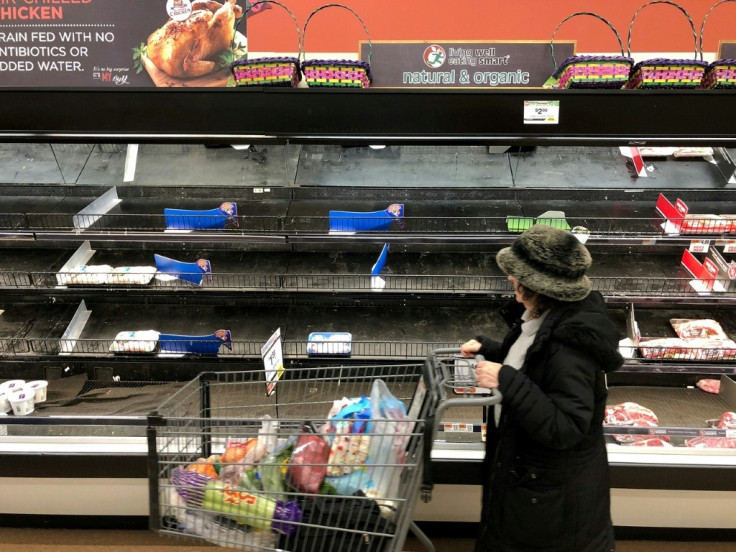Scientists consider mealworms as sustainable food source
In the past, mealworms were simply considered as pests, however, researchers found that these could serve as food for humans and animals.
The world's population is increasing continuously and it also takes a toll on the world's food source. Scientists are becoming worried that the food supply might not meet the demand for in the long run. However, researchers have found a way to augment food supply in the event of any shortage in the future, and that is through slimy and yet protein-filled mealworms.
In a study published in the Journal of Insects as Food and Feed, scientists from the Indiana University-Purdue University Indianapolis (IUPUI), together with insect company Beta Hatch Inc., found that the yellow mealworm is a very promising alternative source of animal protein.
The researchers stated that in the past, mealworms were simply considered as pests, however, they found that these could serve as food for humans and animals. The good thing about mealworms is that their waste has another purpose as they can be used as organic fertilizers.
Christine Picard, the lead researcher and an associate professor of biology at IUPUI, revealed in a statement that with the human population continually growing, it also causes stress on the production of protein. This rate could not be duly sustained, and that is not even considering the effect of climate change. She also noted that there are already a lot of animals that feed on mealworms, and that perhaps, one day humans will also turn to it as an alternative source.
"They could also be really useful in the pet food industry as an alternative protein source, chickens like insects – and maybe one day humans, too, because it's an alternative source of protein," said Picard in a Fox News report.
The population of the world reached 7.7 billion in 2019. Scientists at the United Nations Department of Economic and Social Affairs expect the population to reach a whopping 8.5 billion in 2030.

Worldbank.org pinpointed that global agricultural markets remained stable. However, they also mentioned that the main risks in terms of food supply are at the country level. With the pandemic, there could be disruption in the food supply chains in domestic levels, as well as possible losses for food producers whose main product is perishable goods.
© Copyright IBTimes 2025. All rights reserved.





















